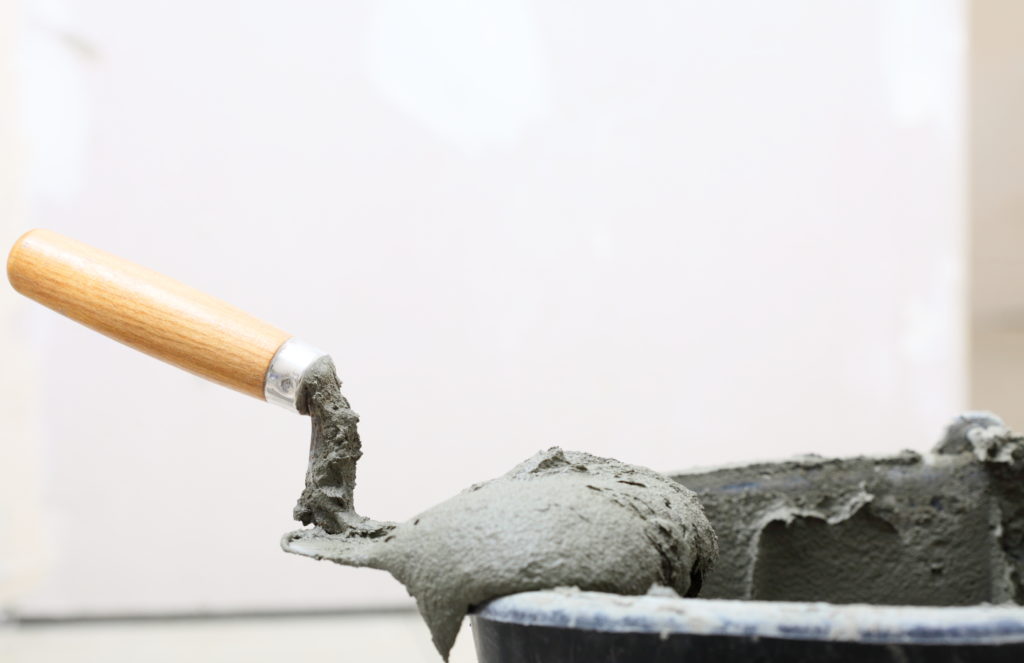Dry mortar is a crucial component in construction, providing the necessary bonding and support for various building materials. With its versatility and ease of use, dry mortar comes in various types, each designed for specific applications. Understanding these different types can help ensure the success of your construction projects.
General Types of Dry Mortar
Dry mortar is classified based on its composition and intended use. It typically consists of a mixture of sand, cement, and various additives, designed to be mixed with water on-site. Choosing the right type of dry mortar is essential for achieving optimal performance and durability in your construction work.
Types of Dry Mortar
A. Cement-Based Mortar
Cement-based mortar is the most common type used in construction. It is primarily composed of Portland cement, sand, and water. This mortar is suitable for various applications, including bricklaying and masonry work. Its advantages include high compressive strength and durability. However, it may be less flexible compared to other types, which can lead to cracking in certain conditions.
B. Ready-Mixed Mortar
Ready-mixed mortar is pre-packaged and formulated for immediate use. This convenience saves time and labour costs, making it popular for both residential and commercial projects. It is available in various types, including standard and flexible options, allowing for a wide range of applications. However, it’s essential to ensure proper storage to maintain its quality.
C. Thin-Set Mortar
Thin-set mortar is specifically designed for setting tiles. It is applied in a thin layer, typically around 3 mm thick, making it ideal for bonding tiles to walls or floors. Thin-set mortars are available in various formulations, including modified and unmodified types, catering to different tile materials and environmental conditions.
D. Thick-Bed Mortar
Thick-bed mortar is used for applications requiring a thicker layer, such as natural stone installations. This type of mortar provides greater support and is ideal for uneven surfaces. While it offers excellent adhesion and stability, proper installation techniques are crucial to prevent settling and cracking.
E. Pointing Mortar
Pointing mortar is used for repointing existing masonry joints. It is designed to be flexible and compatible with various substrates, ensuring a strong bond while accommodating movement. Different types of pointing mortars are available, including traditional lime-based and modern cement-based options.
F. Repair Mortar
Repair mortars are formulated for patching and repairing damaged surfaces. They come in various types, including fast-setting and flexible formulations, suitable for different substrates like concrete, masonry, and plaster. Selecting the right repair mortar is essential for achieving a durable and long-lasting repair.
G. Rendering Mortar
Rendering mortar is used for external wall finishes, providing a smooth and weather-resistant surface. It can be applied in various thicknesses, depending on the desired finish. Different types of rendering mortars are available, including acrylic, cement, and lime-based formulations.
H. Tile Adhesives
Tile adhesives are specialized dry mortars designed for tile installation. They provide superior bonding strength and flexibility, making them ideal for various tile types, including ceramic, porcelain, and natural stone. Understanding the specific requirements of your tile project is essential for choosing the right adhesive.
Specialty Dry Mortars
A. Lightweight Mortars
Lightweight mortars are designed to reduce overall weight without compromising strength. They are commonly used in high-rise buildings and applications where weight is a concern.
B. High-Performance Mortars
High-performance mortars are formulated for specific scenarios requiring enhanced properties, such as rapid curing, high strength, or resistance to environmental factors. These mortars are ideal for demanding construction applications.
C. Eco-Friendly Mortars
With increasing environmental awareness, many manufacturers offer eco-friendly dry mortars made from sustainable materials. These mortars provide a greener alternative without sacrificing performance.
Factors to Consider When Choosing Dry Mortar
When selecting dry mortar for your project, consider the following factors:
- Compatibility: Ensure the mortar is compatible with the substrate materials.
- Environmental Conditions: Take into account temperature, humidity, and exposure to moisture.
- Project Requirements: Assess whether the mortar needs to be load-bearing, flexible, or aesthetically pleasing.
Conclusion
Understanding the various types of dry mortar available is essential for any construction project. Each type has its unique properties and applications, ensuring you can find the right solution for your needs. Consulting with professionals or suppliers can further enhance your understanding and help you choose the most suitable dry mortar for your project.
Keep an eye for more news & updates on BusinessFanZine!
